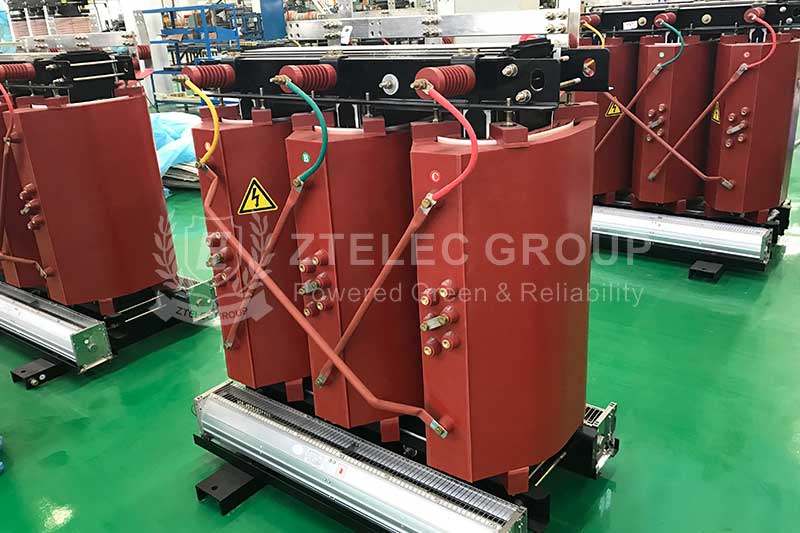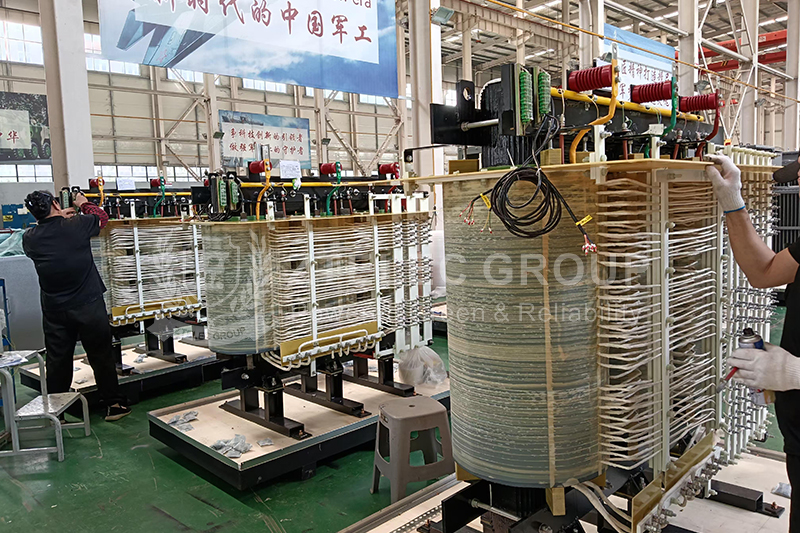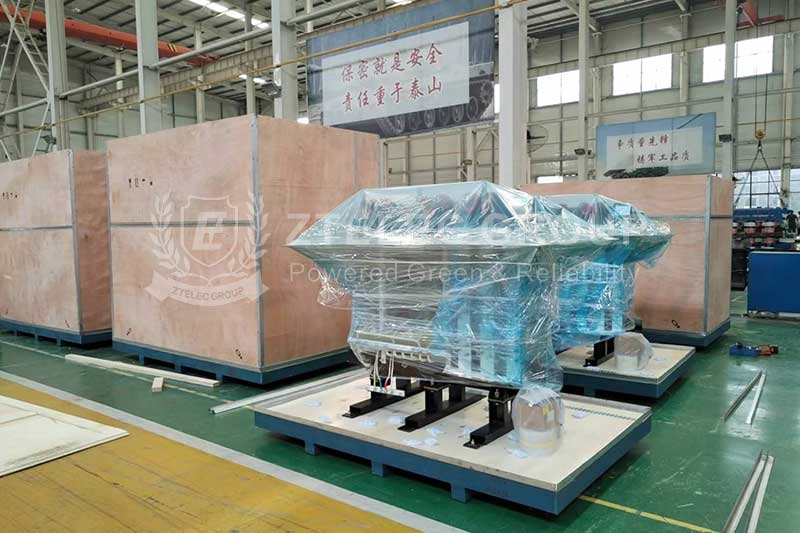How to Ensure the Safety of Transformers in Production
Transformers are indispensable equipment in power systems, and their reliability and safety are directly related to the stability of the power grid and the safe use of electricity by consumers. Therefore, ensuring the safety of transformers during the production process is particularly important. This article will explore how to implement various safety measures, conduct risk assessments, and ensure product quality during the transformer production process to reduce the likelihood of accidents, protect worker safety, and ensure the normal operation of equipment.

1. Strict Production Process Management
In the production of transformers, it is essential to establish a strict production process management system. Each production link should be standardized to ensure that all operations follow standardized procedures. For example, from material procurement to finished product delivery, strict inspections and confirmations are required, especially for critical components such as winding coils and insulation materials, where inspection efforts should be intensified to avoid safety hazards caused by material quality issues. Additionally, employees should adhere to regulations during operations and wear necessary safety protective equipment to ensure their own safety.
2. Equipment Maintenance and Care
The equipment and machines on the transformer production line need to be regularly maintained and serviced to ensure their normal operation. Aging and failure of equipment can lead to operational accidents, making it crucial to develop a maintenance plan. Regular inspections of electrical systems, mechanical components, and safety protection devices should be conducted to ensure they are in good working condition, while also keeping the production environment clean and tidy to prevent environmental factors from affecting the normal operation of the equipment.
3. Comprehensive Employee Training
Employee quality is a key factor in ensuring the safety of transformer production. Companies should regularly organize safety training for employees, covering production processes, safe operating procedures, emergency response procedures, and more. Through simulation drills, employees can improve their ability to respond to emergencies, enabling them to remain calm and take appropriate measures quickly in the face of crises. Furthermore, employees should be familiar with relevant safety knowledge to enhance overall safety awareness and develop good safety habits.
4. Risk Assessment and Safety Monitoring
Conducting comprehensive risk assessments during the transformer production process is an indispensable part. By analyzing various potential hazards that may arise during production, corresponding risk control measures can be developed. For instance, during high-temperature welding, impregnation, and other processes, attention should be paid to risks such as gas leaks and fires. Additionally, companies should establish safety monitoring systems to conduct real-time monitoring of the production process, promptly identifying and addressing safety hazards. Through data analysis and regular reviews, continuous improvements can be made to enhance the safety of the production process.
5. Ensuring Product Quality
The safety of transformers is not only reflected in the production process but is also closely related to the quality of the final product. The design, material selection, manufacturing processes, and inspection methods of the product must comply with national and industry standards. Whether in product testing or factory inspection, strict controls must be enforced. By establishing a quality management system and implementing the Total Quality Management (TQM) philosophy, companies can ensure that every aspect from design, production to after-sales service strives for excellence, thereby reducing safety incidents caused by product quality issues.
6. Strengthening the Development and Implementation of Emergency Plans
Although various measures can significantly reduce the likelihood of safety accidents, companies must still be well-prepared for emergencies. Detailed emergency plans should be developed, covering various potential emergencies such as fires, leaks, and injuries, and regular emergency drills should be organized to ensure that all employees understand the emergency procedures and can respond quickly to minimize losses caused by accidents. Additionally, a communication mechanism should be established and maintained with local fire departments, medical rescue units, and other relevant organizations to form a coordinated response system, ensuring rapid support in emergencies.
In the production of transformers, safety is a systemic and comprehensive issue that involves management, equipment, personnel, quality, and other aspects. Only through strict production process management, regular equipment maintenance and care, comprehensive employee training, thorough risk assessment and monitoring, stringent product quality assurance, and effective emergency plans can the safety of transformers during production be ensured. Companies should not only focus on production efficiency but also prioritize safety as a core concept, fostering a strong safety culture to effectively reduce accident rates and safeguard the sustainable development of the power industry.
- more+releated article
- 2026-01-04Common Power Transformer Faults: Causes, Solut
- 2025-12-312026 New Year Holiday Notice
- 2025-12-31Operation, Maintenance, and Service Life Manag
- 2025-12-30How to Select a 100 kVA–500 kVA Distribution
- 2025-12-29The Impact of NHN NMN Composite Insulation on
- 2025-12-26Practical Application of GPO-3 Insulation Boar
- 2025-12-2510kV Transformer Replacement Timeline: Install
- 2025-12-25Low Smoke EN45545 GPO3 UPGM203 Laminated Board
- 2025-12-24Merry Christmas — ZTelecgroup Christmas Cele
- 2025-12-24How to Select a Suitable 50kVA–500kVA Distri





